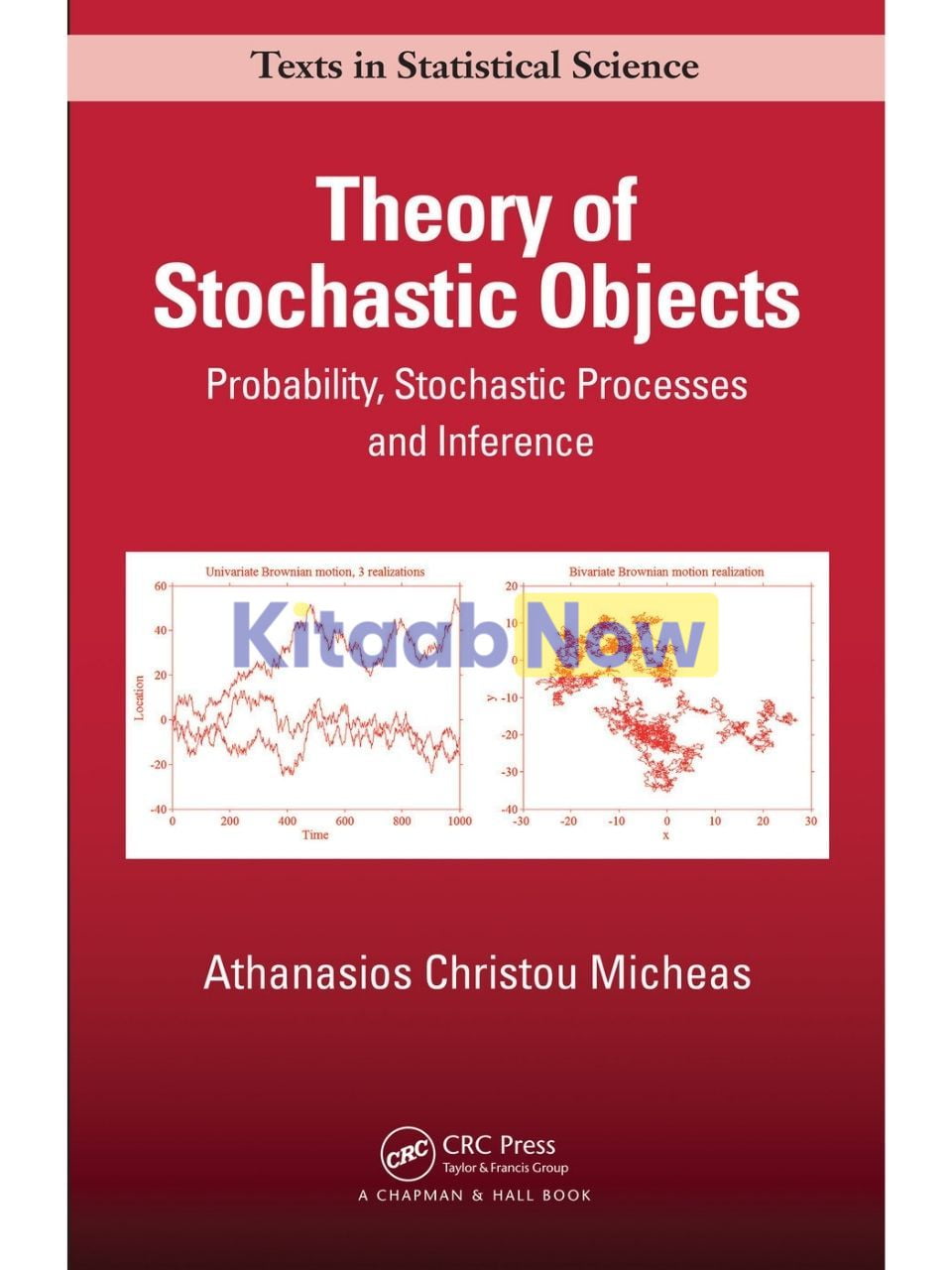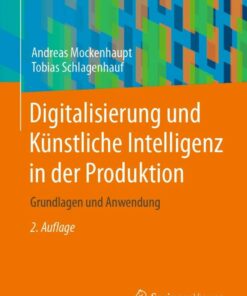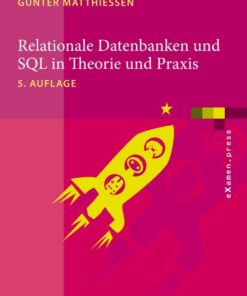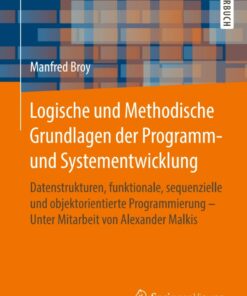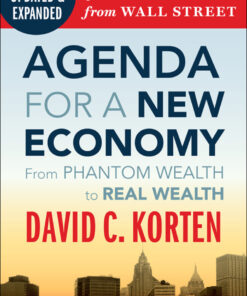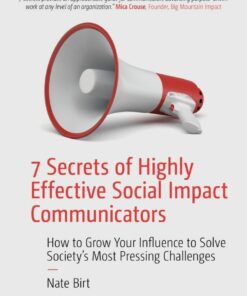Theory of Stochastic Objects: Probability, Stochastic Processes and Inference eBook
$25.00
Description
Delivery: Can be download immediately after purchasing. For new customer, we need process for verification from 30 mins to 12 hours.
Version: PDF/EPUB. If you need EPUB and MOBI Version, please send contact us.
Compatible Devices: Can be read on any devices
This book defines and investigates the concept of a random object. To accomplish this task in a natural way, it brings together three major areas; statistical inference, measure-theoretic probability theory and stochastic processes. This point of view has not been explored by existing textbooks; one would need material on real analysis, measure and probability theory, as well as stochastic processes – in addition to at least one text on statistics- to capture the detail and depth of material that has gone into this volume. Presents and illustrates ?random objects? in different contexts, under a unified framework, starting with rudimentary results on random variables and random sequences, all the way up to stochastic partial differential equations. Reviews rudimentary probability and introduces statistical inference, from basic to advanced, thus making the transition from basic statistical modeling and estimation to advanced topics more natural and concrete. Compact and comprehensive presentation of the material that will be useful to a reader from the mathematics and statistical sciences, at any stage of their career, either as a graduate student, an instructor, or an academician conducting research and requiring quick references and examples to classic topics. Includes 378 exercises, with the solutions manual available on the book’s website. 121 illustrative examples of the concepts presented in the text (many including multiple items in a single example). ? The?book is targeted towards students at the master?s and Ph.D. levels, as well as, academicians in the mathematics, statistics and related disciplines. Basic knowledge of calculus and matrix algebra is required. Prior knowledge of probability or measure theory is welcomed but not necessary.

